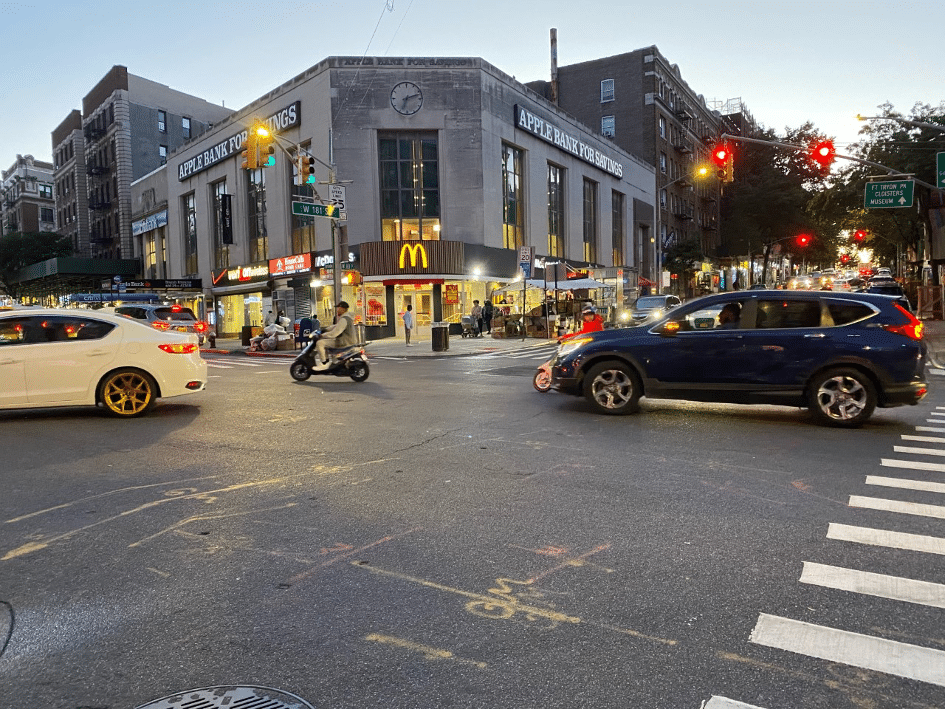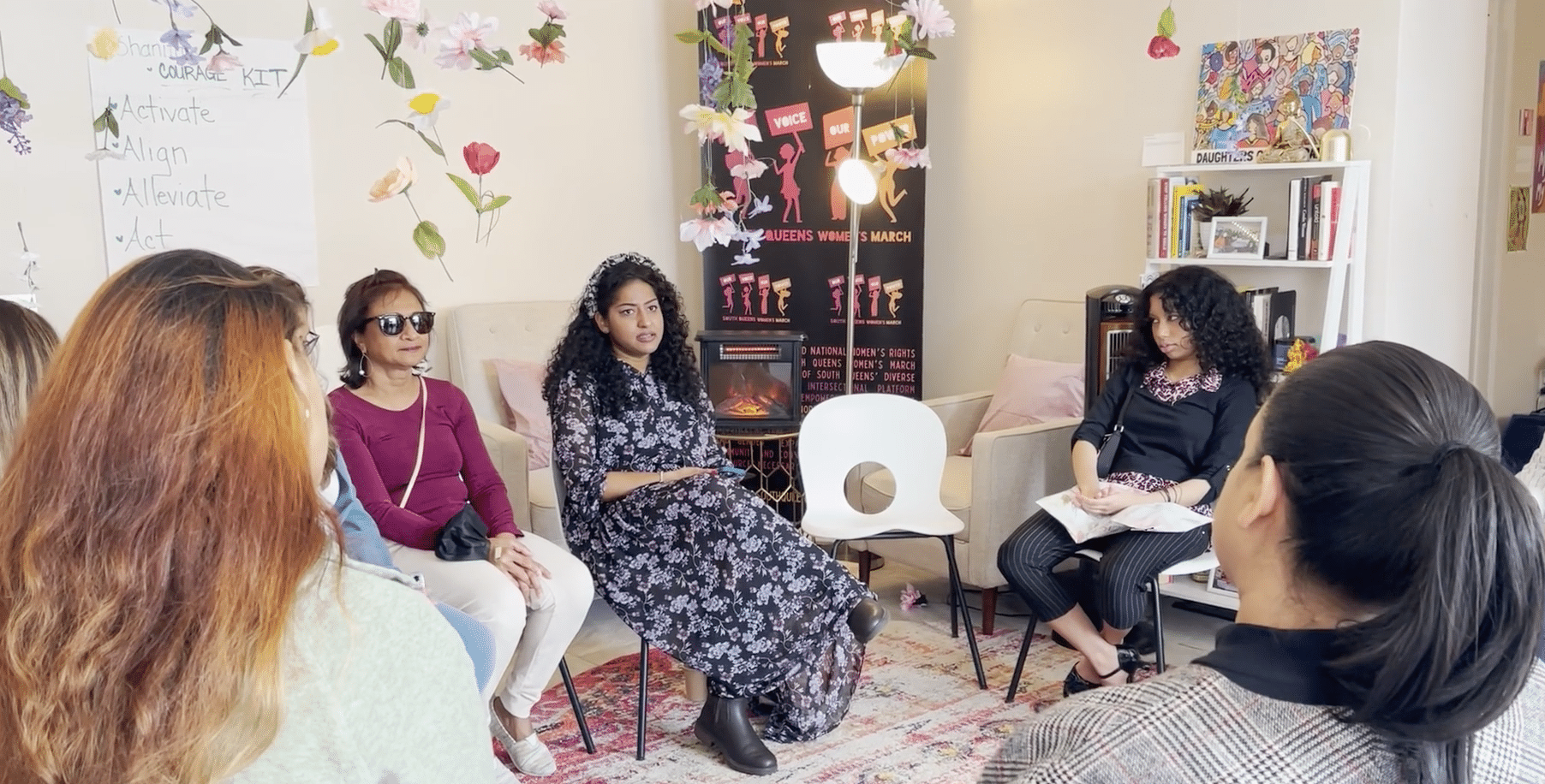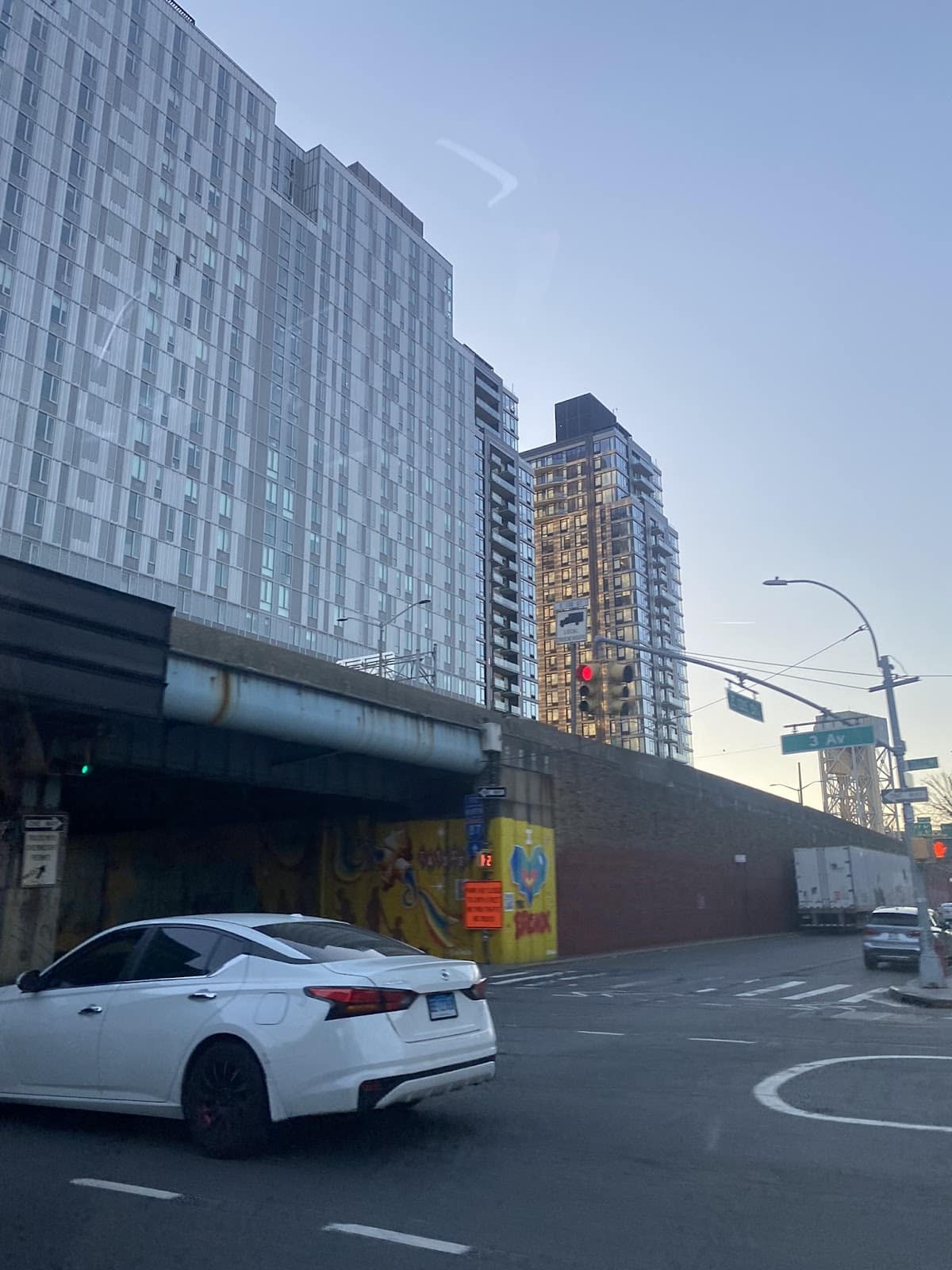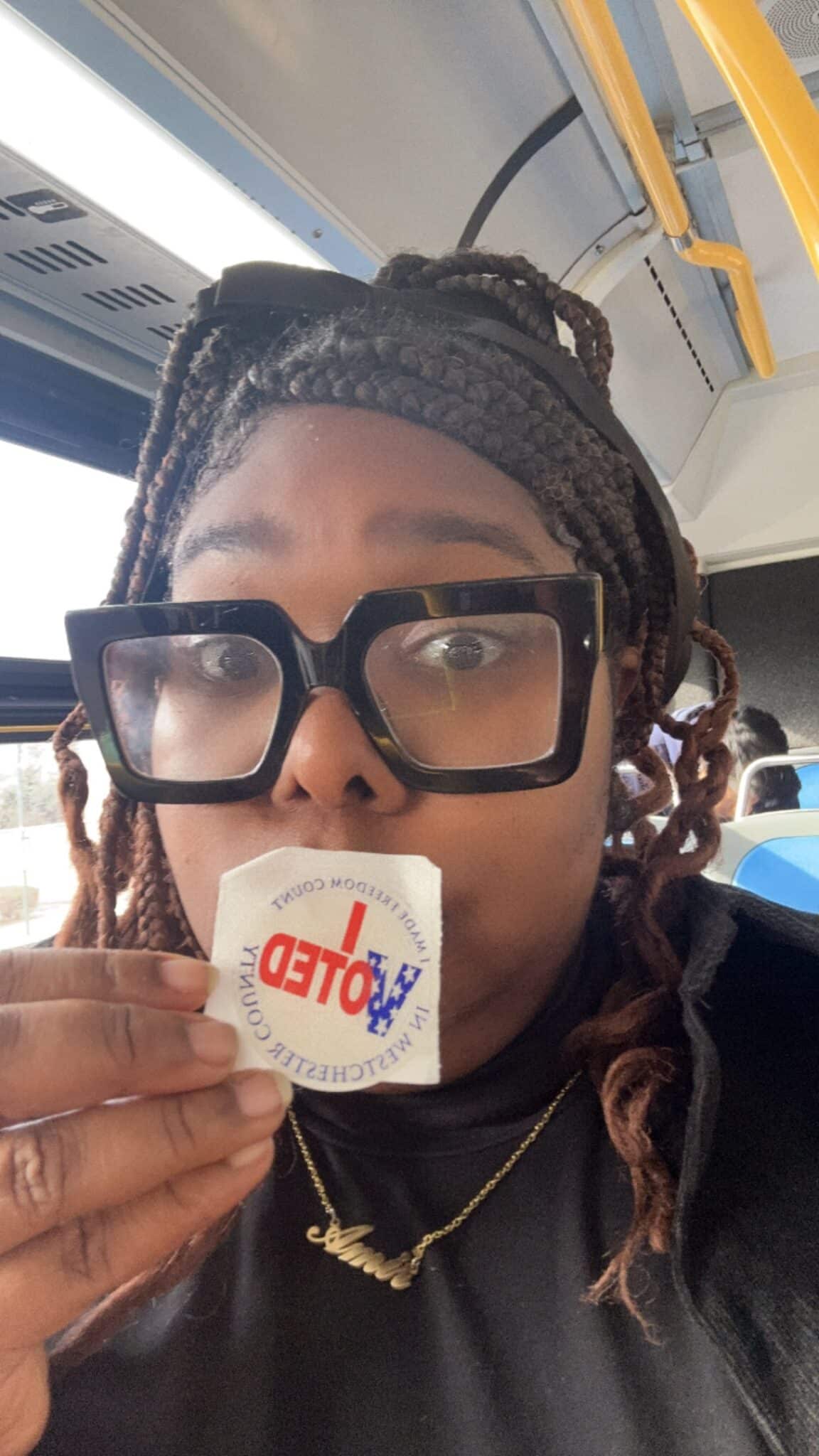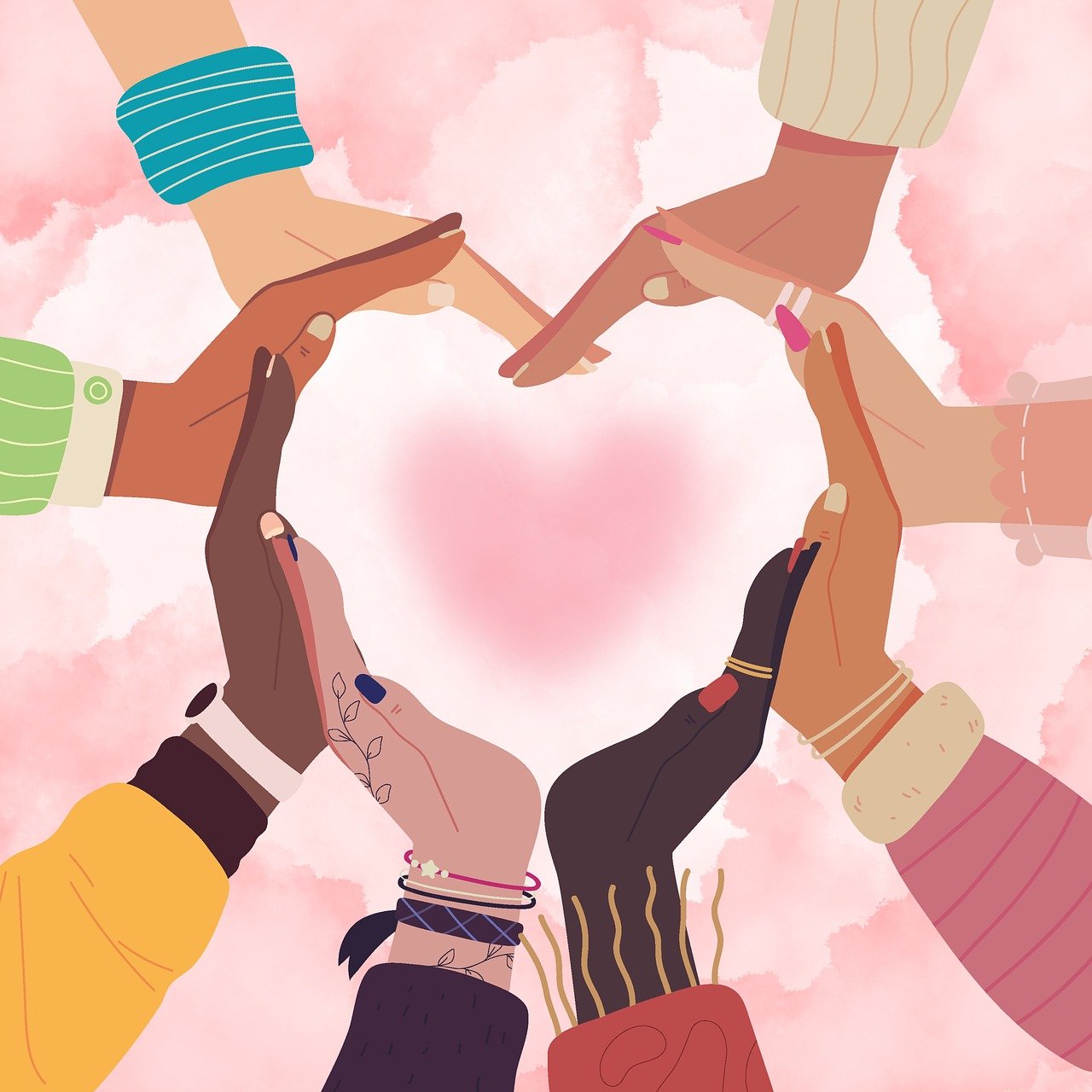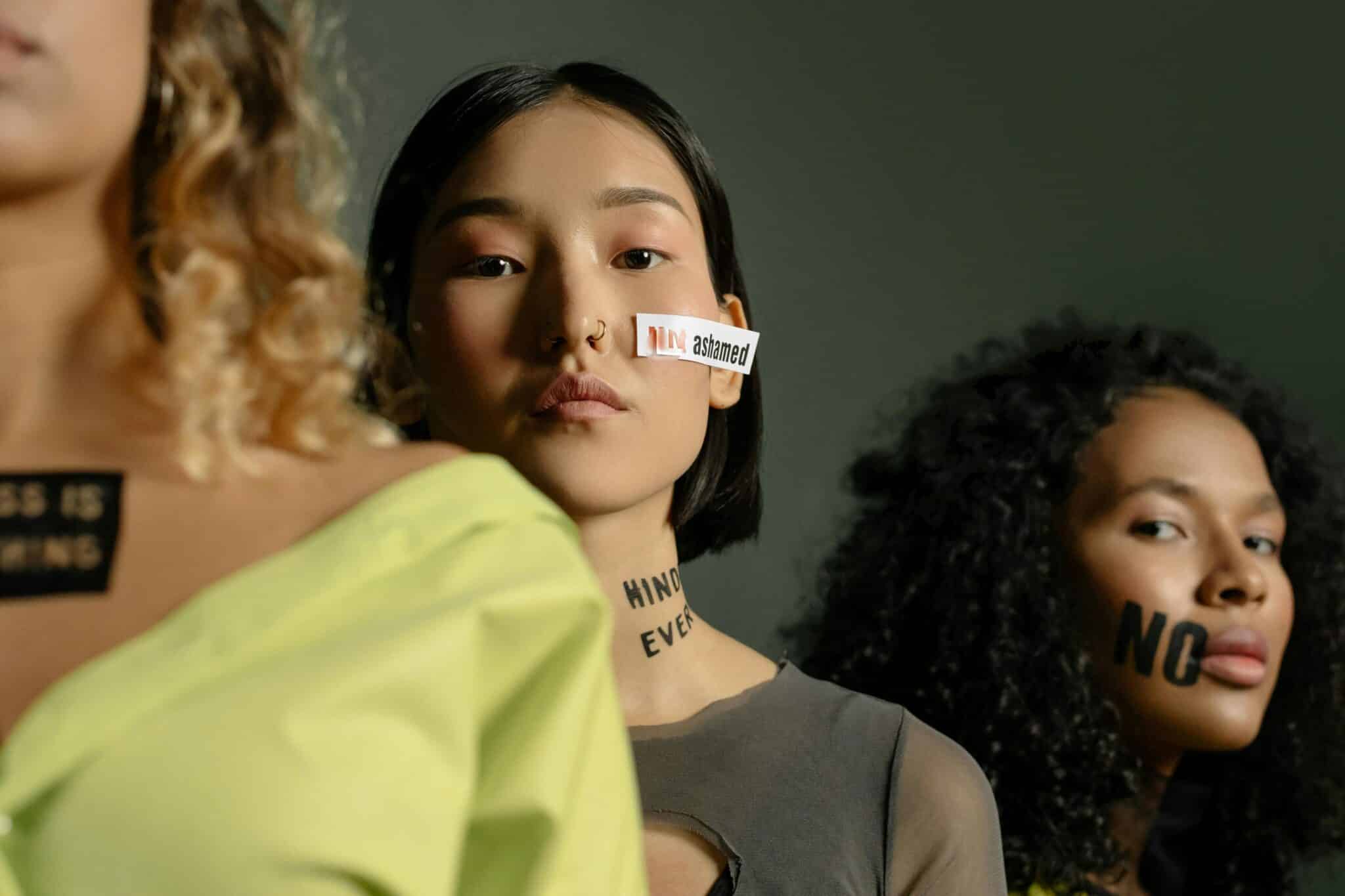Washington Heights homeless hotspot. Photo by Christopher Valentin
“I need help and I need it quick.” Melina Sanchez, a Washington Heights resident, explained. She lost her job as a manager at a fast food restaurant when the chain shut down in March because of the COVID-19 pandemic.
Melina, like millions of unemployed Americans, has come to rely on government relief to help pay bills and allow them to get by. But the money from the Cares Act that Congress passed last April has come and gone. Melina and others who qualified received a one-time $1200 stimulus check and an extra $600 weekly in unemployment benefits. That ended in July and Congress cannot agree on a new stimulus bill that would put more money in Americans’ pockets.
“I have four kids. They have to eat. My husband is still working but his hours are nowhere near where they were. We’re doing what we can with the little we have,” Melina said.
Sanchez’s employer, Pret A Manger, has reopened its stores but did not call Sanchez to return. “I have been on call since July when they first announced they were going to reopen. I had near perfect attendance and busted my behind for them but they still have yet to call me…”
With no income or government relief in sight, Sanchez fears losing her apartment. She owes $3700 for rent and utilities. When her children return to school Sanchez worries that she won’t have the money to pay for the school supplies that her children desperately need.
In her neighborhood, Washington Heights, 18.4 percent of the residents live at or near the poverty line, according to the NYU Furman Center. This is above the citywide average of 17.3 percent. And the persistent homeless problem has gotten worse.
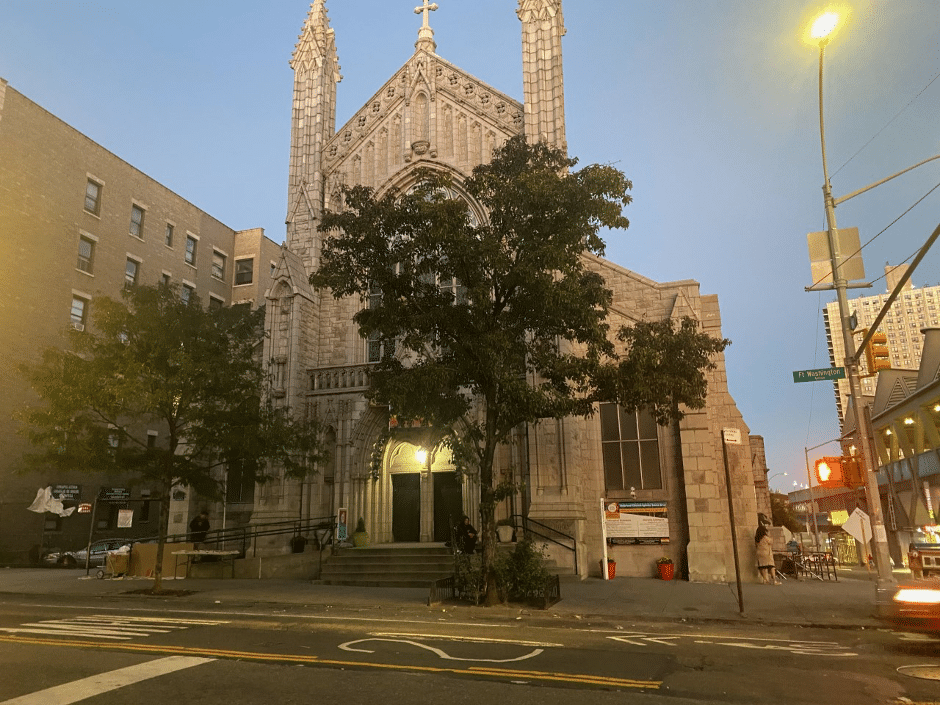
Church stoops and park benches have become shelter to the homeless. You cannot walk a block without being approached and begged for change. The McDonald’s on 181st and Broadway has long been a homeless hot spot but in recent months the number of homeless men and women seems to have doubled. Crime in the area spiked, with the 34th Precinct showing a 184 percent increase from this same time period last year, according to the NYPD.
Jose Nunez, a former maintenance worker, found himself among the homeless. “I live in the streets now. The shelters are bad and the trains close each night. So I’m forced to sleep wherever I find safe,” he said.
Life was not always this way for Nunez. Before the pandemic he lived with roommates. He worked as a maintenance man at a Midtown high-rise. He lost his job when the lockdown began and became one of the 13.6 million unemployed Americans. Then things continued to get worse for him.
After COVID spiked in the city, his roommates vanished to the suburbs leaving Nunez to pay the $2700 rent all by himself. “I don’t have that kind of money, never have. I was renting a room. I didn’t think they would all leave me.”
When government aid ended in July, Nunez was forced out of his Inwood apartment. He now looks to Congress because without their help he may never recover. “These government officials need to put their money where their mouth is and give us relief now. They all say the same s*** but get nothing done.”
Nunez said if he got another stimulus check and an increase in unemployment insurance, he would look for a room to rent to get back on his feet.
Series: Coronavirus
